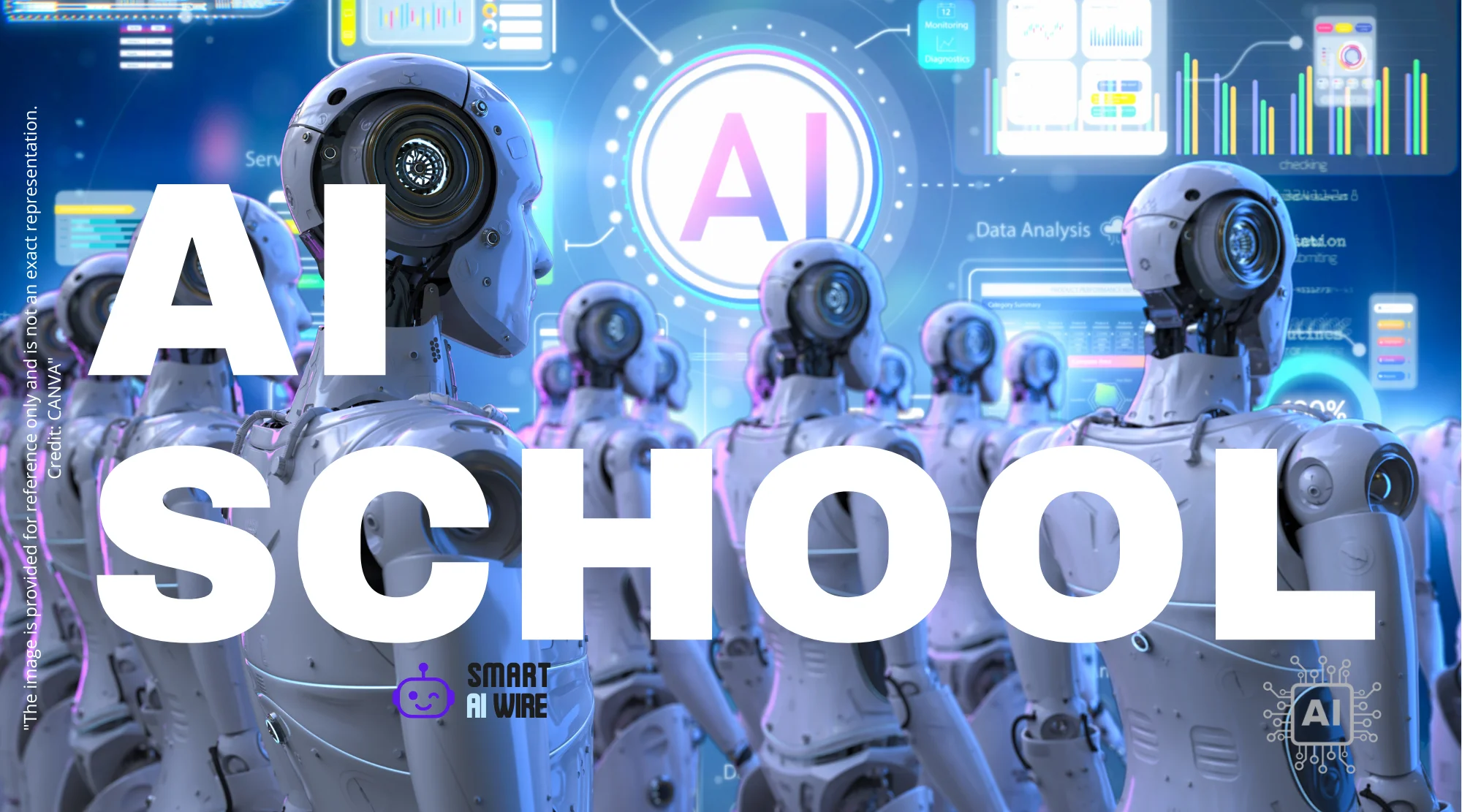OpenAI, the company behind groundbreaking AI models like GPT-4 and DALL-E 2, is operating on a grand scale. To meet its ambitious goals, the company has developed a five-year plan to manage its projected $1 trillion in spending. This plan outlines how OpenAI intends to leverage its current success and continue its dominance in the rapidly evolving AI landscape. How will they turn billions into trillions, and what does this mean for the future of AI development and adoption? This article delves into OpenAI’s strategy, its financial commitments, and the implications for businesses and individuals seeking to harness the power of artificial intelligence.
OpenAI’s Ambitious Financial Goals
OpenAI’s five-year plan is driven by the need to justify significant financial pledges. The company aims to transform a $13 billion investment into a staggering $1 trillion, a feat that requires a clear strategy and aggressive execution. This ambitious goal underscores the high stakes in the AI race and the immense potential that investors see in OpenAI’s technology. Reaching this target will require sustained innovation, strategic partnerships, and successful commercialization of its AI products and services.
Key Strategies for Growth and Expansion
To achieve its financial objectives, OpenAI is focusing on several key strategies. These include expanding its cloud computing infrastructure, attracting and retaining top AI talent, and investing in cutting-edge research and development. Furthermore, the company aims to broaden its range of AI applications and explore new markets and industries. By diversifying its offerings and reaching a wider audience, OpenAI hopes to solidify its position as a leader in the AI space.
The Role of Strategic Partnerships
Strategic alliances are crucial to OpenAI’s growth strategy. Collaborations with tech giants like Microsoft provide access to essential resources, including computing power, funding, and market reach. These partnerships enable OpenAI to accelerate its research and development efforts and deploy its AI models at scale. Moreover, these alliances foster innovation and drive the adoption of AI technologies across various sectors.
Commercialization of AI Products and Services
OpenAI is actively commercializing its AI models through various products and services. The company offers access to its GPT language models through an API, allowing developers to build AI-powered applications for a wide range of use cases. Additionally, OpenAI is exploring opportunities in areas such as AI-driven content creation, automated customer service, and personalized education. Success in these commercial ventures will be essential for generating revenue and achieving its financial goals. Link to: /ai-content-creation-mrbeasts-take-on-the-future-of-youtube/
The Impact on Businesses and Industries
OpenAI’s advancements in AI have far-reaching implications for businesses across various industries. Companies can leverage OpenAI’s technologies to automate tasks, improve decision-making, and enhance customer experiences. AI-powered solutions can drive efficiency gains, reduce costs, and unlock new revenue streams. As AI becomes more accessible and affordable, businesses of all sizes can benefit from its transformative potential.
Addressing Ethical Considerations and Safety
As AI becomes more powerful, ethical considerations and safety become increasingly important. OpenAI recognizes the need to address these challenges and is committed to developing AI responsibly. The company is actively researching ways to mitigate bias, ensure transparency, and prevent misuse of its technologies. By prioritizing ethical considerations, OpenAI aims to build trust and foster the responsible adoption of AI. External link to: https://openai.com/blog/our-approach-to-ai-safety
The Future of AI Development
OpenAI’s ambitious plans signal a continued acceleration in AI development. The company’s investments in research and infrastructure are likely to lead to further breakthroughs in areas such as natural language processing, computer vision, and robotics. As AI models become more sophisticated and capable, they will unlock new possibilities for automation, innovation, and problem-solving. The future of AI is bright, and OpenAI is poised to play a leading role in shaping its trajectory.
Implications for the Job Market
The rise of AI raises concerns about job displacement. While AI has the potential to automate certain tasks, it also creates new opportunities in areas such as AI development, data science, and AI ethics. To prepare for the changing job market, individuals need to acquire new skills and adapt to the evolving demands of the digital economy. Education and training programs can play a crucial role in equipping workers with the skills they need to thrive in an AI-driven world. Link to: /ai-job-displacement-will-artificial-intelligence-take-your-job/
Investment Opportunities in the AI Sector
The AI sector presents significant investment opportunities. Companies involved in AI development, data analytics, and AI-powered solutions are attracting significant investor interest. As AI adoption continues to grow, the demand for AI-related products and services is expected to increase, creating opportunities for investors to capitalize on this trend. However, it is important to carefully evaluate the risks and potential rewards before investing in AI-related ventures. Link to: /navigating-the-ai-investment-shift-opportunities-and-strategies/
Navigating the Challenges of AI Adoption
While AI offers numerous benefits, organizations may face challenges in adopting these technologies. These challenges include the need for specialized expertise, data privacy concerns, and the integration of AI systems with existing infrastructure. Overcoming these challenges requires a strategic approach, careful planning, and a commitment to continuous learning. By addressing these hurdles, organizations can unlock the full potential of AI and gain a competitive advantage.
OpenAI’s Dominance and the Competitive Landscape
OpenAI’s early success and substantial financial backing have established it as a dominant player in the AI landscape. However, the field is becoming increasingly competitive, with other major tech companies and startups vying for market share. Competition is driving innovation and accelerating the pace of AI development. Ultimately, the most successful companies will be those that can deliver innovative, reliable, and ethical AI solutions. External link to: https://www.cbinsights.com/research/artificial-intelligence-top-companies/
The Broader Societal Impact of AI
AI has the potential to transform society in profound ways. From healthcare to education to transportation, AI can improve outcomes, enhance efficiency, and create new opportunities. However, it is important to consider the broader societal implications of AI, including issues related to bias, privacy, and inequality. By engaging in thoughtful dialogue and developing appropriate policies, we can ensure that AI benefits all members of society.
OpenAI’s ambitious five-year plan underscores the immense potential and transformative power of artificial intelligence. As the company strives to meet its financial goals and expand its reach, its advancements will continue to shape the future of AI development and adoption. Businesses and individuals alike should stay informed about these developments and explore ways to harness the power of AI to improve outcomes, drive innovation, and create a better world.



